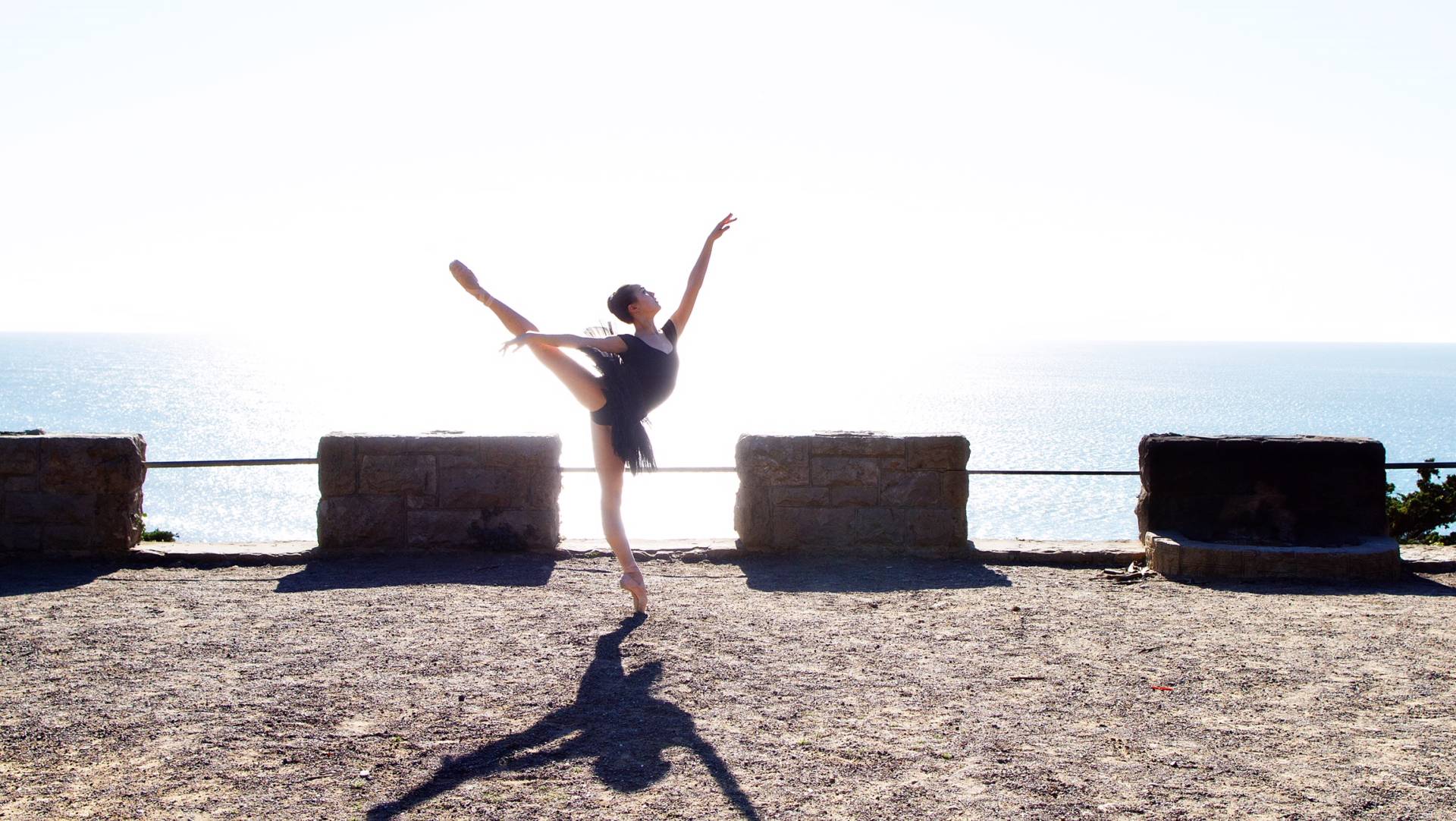Listen to the full, 30-minute audio documentary by clicking the play button above, or by subscribing to The California Report Magazine podcast.
During her teenage years, Miko Fogarty was a rising star in the ballet world — a slender rod of lightning in a tutu and a bun.
KQED profiled Miko in 2015, right before the young dancer, then 18, was leaving Northern California for the U.K., where she’d landed her dream job with the Birmingham Royal Ballet.
The dancer had by that point earned a massive social media following, thanks to her starring role in the award-winning, 2012 ballet documentary “First Position.” And she’d won top honors at important international competitions.
She was headed for greatness.
But within just one year of joining the Birmingham Royal Ballet, Miko left the company and no longer appeared on stage.
This summer, KQED found Miko, now 21, in an unexpected place: working part-time as a cancer research assistant at UCSF’s Mission Bay Campus.
This fall, Miko enrolled in UC Berkeley. She’s majoring in biology and plans to become a doctor.
Miko still coaches dance privately in the Bay Area on occasional weekends. But she’s otherwise said goodbye to ballet.
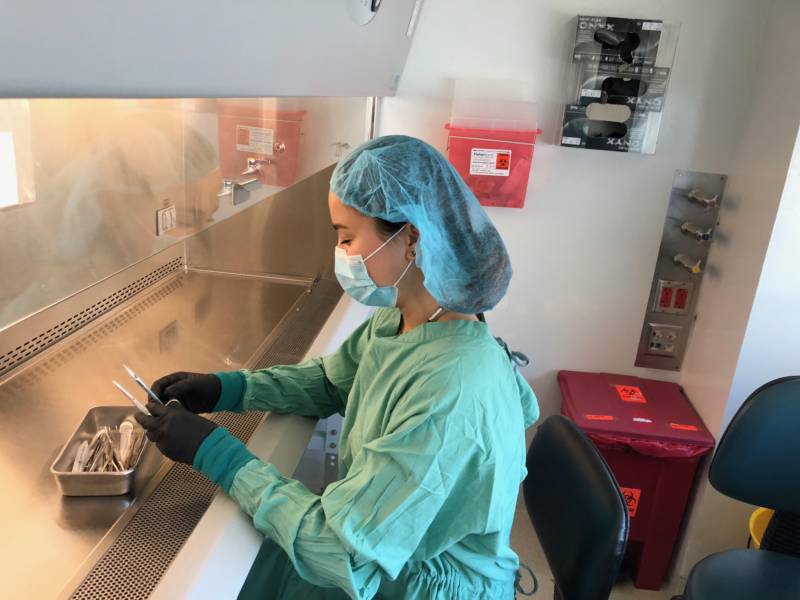
“I’m really happy and really content with how everything is going so far,” she said in one of the many interviews she gave KQED over the past few months. “I feel like I’ve found my true calling in the academic world and in science.”
It’s been two years since Miko quit performing. Yet she’s been hesitant to open up to her many fans on social media about the change.
Gradually, over the summer, she started to share her thoughts about what it’s been like to pursue a passion with single-minded persistence, and then to drop it and change direction completely.
“I was always kind of waiting for the moment where I got off stage, or it was after the performance,” Miko said. “I couldn’t wait for that moment after.”
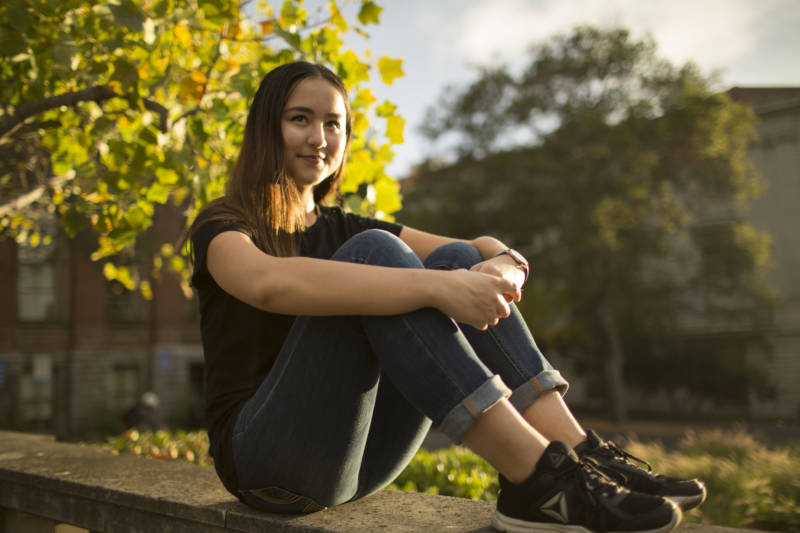
The reasons for Miko’s huge life change are complex and various.
Body image issues, depression, self-destructive behaviors and the culture of pain and suppression entrenched in the ballet world are all part of Miko’s narrative.
And then there’s the story of what happened one day in 2011 with one of her former coaches — a man by the name of Viktor Kabaniaev. Miko studied with him for five years from the age of 10 to 15. He was a widely respected dance teacher with a reputation for launching careers.
Kabaniaev has been in jail in Contra Costa County since January, after a former student — not Miko — accused him of repeatedly raping and molesting her. The former student told authorities the dance coach first attacked her when she was 12. He was denied bail. And the police put the word out asking for other victims to step forward.
On Friday, a judge ruled there is sufficient evidence for Kabaniaev to face trial.
When Miko heard the news about her former coach, she said she was shocked but not surprised. She said he assaulted her when she was 13.
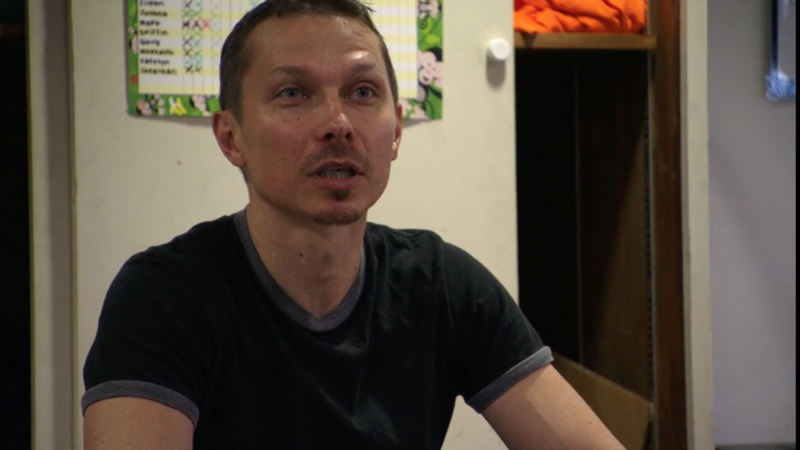
It was an isolated incident at his apartment south of San Francisco involving unwanted advances and sexually explicit touching. Miko suppressed the memory for years. It only resurfaced when the headlines about Kabaniaev’s arrest came out.
Miko said it had nothing to do with her decision to quit ballet.
But the resurfacing of the memory after all this time caused her to share her story with police. She said she did it because she wanted to add strength and credibility to the other victim’s charges against her former coach.
“If it’s just one person that reports something about someone, it’s hard for people to believe,” Miko said.
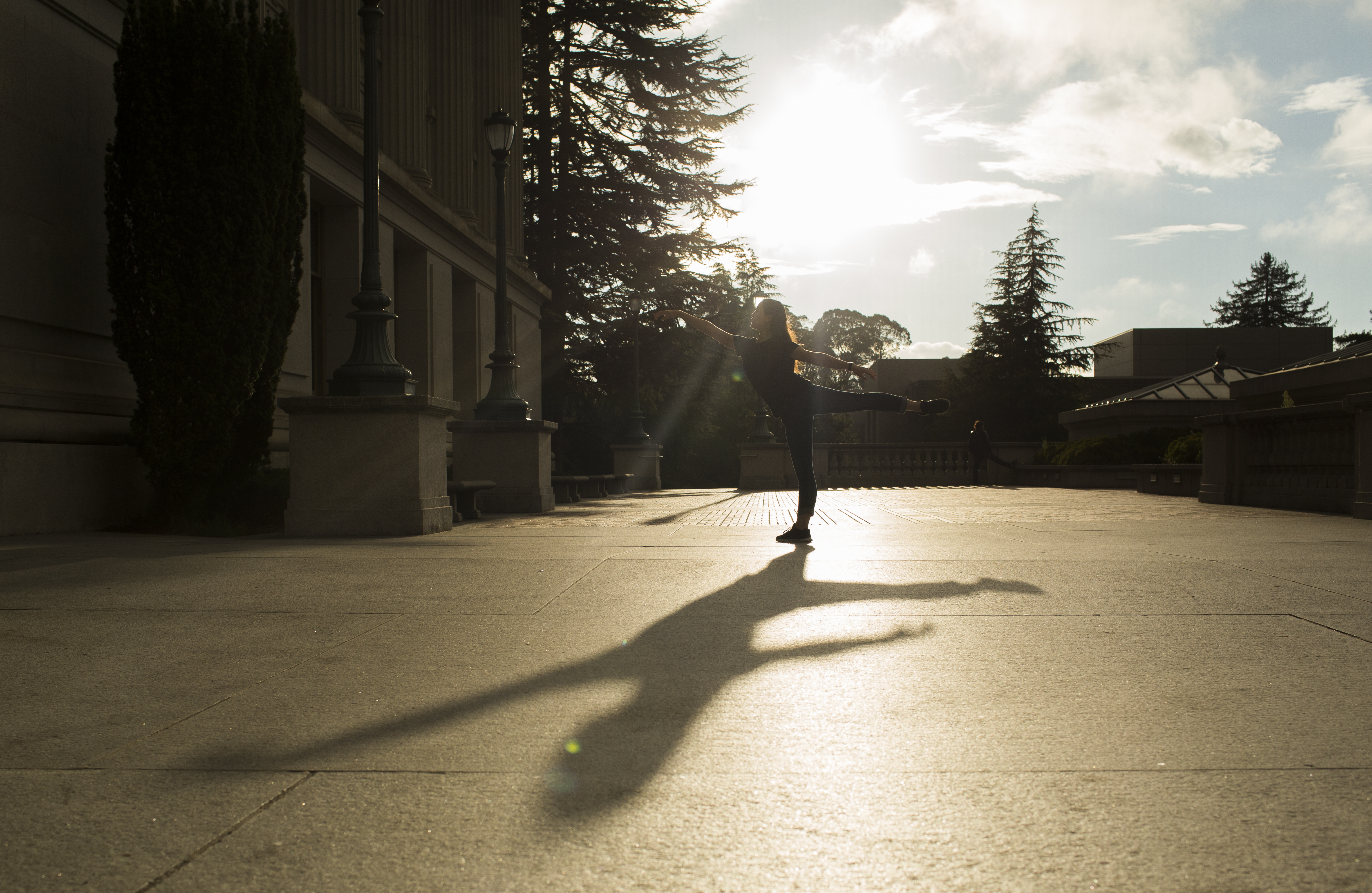
The ballet world has long been long rife with abuses of power.
With the New York City Ballet announcing this week the implementation of corporate culture-style safeguards in the wake of multiple sexual misconduct scandals, Miko Fogarty’s story touches on the many nuances and complexities of the #MeToo movement.
Listen to the full, 30-minute audio documentary by clicking the play button above, or by subscribing to The California Report Magazine podcast.
